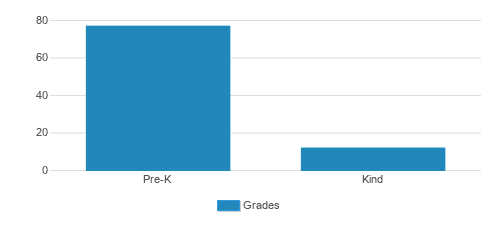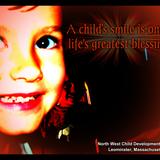When we opened Piccolo Mondo Learning Center in Leominster, Massachusetts on January 9, 1989, our goal was to provide a positive learning environment in which our children would grow and flourish through challenging programs based on a set of beliefs.
A belief in the fundamental importance of safety, growth, care and the development of the early learning experience in a child's life.
A belief that a social groups provide your child with an opportunity to develop a positive self-image, to learn democratic living by sharing and making choices, to learn independence through constructive resolution and by reacting to varied stimuli and situations; and to develop self-confident speech patterns by speaking.
A belief to expand your child's natural curiosity with effective exposure to diverse cultures and lifestyle choices and the inclusion or immersion of children with disabilities.
Quick Facts (2026)
- School Type: Early Childhood / Day Care
- Grades: Nursery/Preschool-Prekindergarten
- Enrollment: 95 students
- Application Deadline: None / Rolling
- Source: National Center for Education Statistics (NCES)
School Overview
School Type
School Membership(s)School Assoc.
Religious Affiliation
Grades Offered
Grades Nursery/Preschool-Prekindergarten
School Calendar
Student Body
Total Students
95 students
Student Body Type
Co-ed
Students by Grade

Academics and Faculty
Total Classroom Teachers
1 teacher
Tuition and Acceptance Rate
Admission Deadline
None / Rolling
School Notes
- When we opened Piccolo Mondo Learning Center in Leominster, Massachusetts on January 9, 1989, our goal was to provide a positive learning environment in which our children would grow and flourish through challenging programs based on a set of beliefs. A belief in the fundamental importance of safety, growth, care and the development of the early learning experience in a child's life. A belief that a social groups provide your child with an opportunity to develop a positive self-image, to learn democratic living by sharing and making choices, to learn independence through constructive resolution and by reacting to varied stimuli and situations; and to develop self-confident speech patterns by speaking. A belief to expand your child's natural curiosity with effective exposure to diverse cultures and lifestyle choices and the inclusion or immersion of children with disabilities.
Source: National Center for Education Statistics (NCES)
Frequently Asked Questions
What schools are Piccolo Mondo Learning Center Inc often compared to?
Piccolo Mondo Learning Center Inc is often viewed alongside schools like Adventure Kids, Inc. dba Northwest Child Development Center by visitors of our site.
When is the application deadline for Piccolo Mondo Learning Center Inc?
The application deadline for Piccolo Mondo Learning Center Inc is rolling (applications are reviewed as they are received year-round).
School Reviews
Endorse Piccolo Mondo Learning Center Inc. Endorsements should be a few sentences in length. Please include any comments on:
- Quality of academic programs, teachers, and facilities
- Availability of music, art, sports and other extracurricular activities
- Academic or athletic awards
Recent Articles

Financial Aid 101 for Private School Families 2026
Guide to private school financial aid in 2026, with current costs, key planning timelines and practical steps parents need to maximize aid options.

Why Extracurricular Activities Matter in 2026
Discover why extracurricular activities remain essential in 2026, with updated research, costs, and admissions insights for parents and students.

How to Appeal for Financial Aid After Admission
Learn how to appeal for financial aid after admission to a private school, with expert steps, timelines, and 2026 updates for families.







